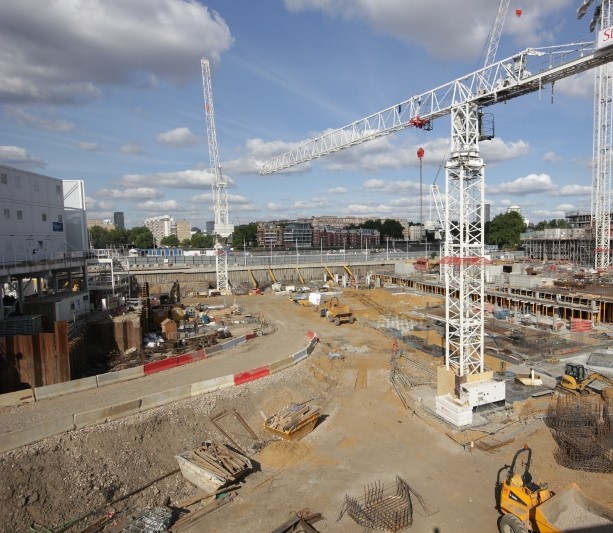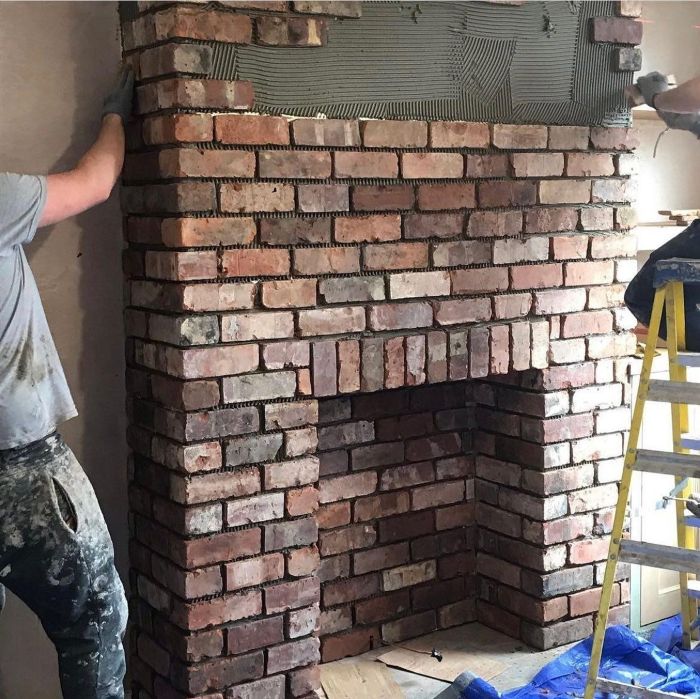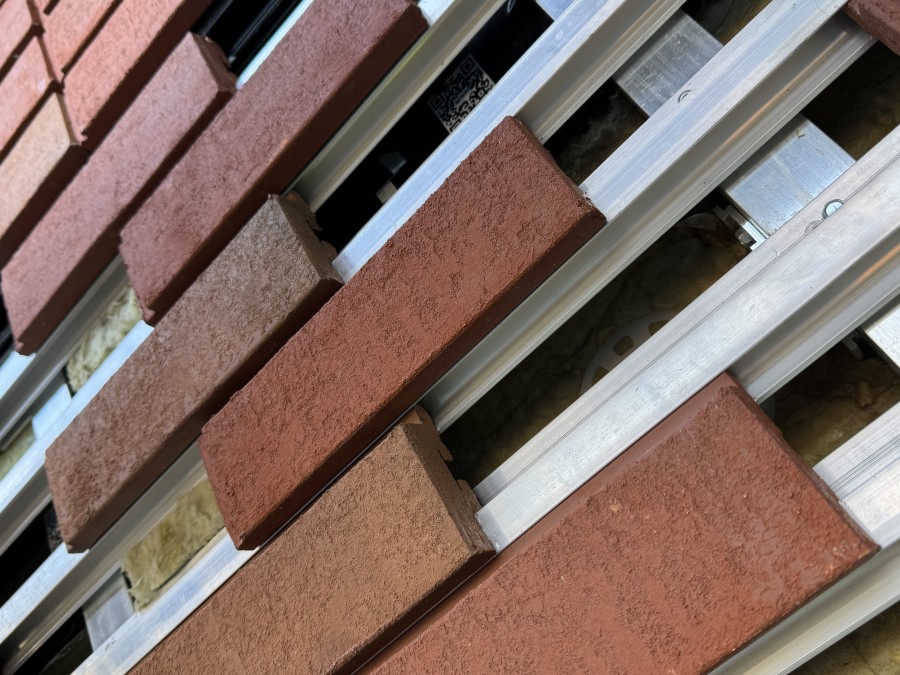A major new report calls for a moratorium on the construction of new tower blocks until their safety can be assured following the Grenfell tragedy.
The Housing & Finance Institute (HFI) also wants a review into the future of existing high rise blocks, which would consider the feasibility of these buildings being made safe or whether they should simply be demolished.
More than 75 tower blocks have already been identified as being “at risk” by the authorities.
The HFI has set out a three-pronged strategy for ensuring such a disaster does not happen again. Most significantly, the Institute says no new tower block construction should be allowed to start until their safety is absolutely guaranteed.

It says one million new homes by 2022 can still be delivered without high-rise tower blocks, by instead building at greater density and focussing on lower-level dwellings. The report calls for a shift in strategy beyond the centre of London, pointing to more than 70 per cent of all housing opportunity in planning permissions being outside the big metropolitan centres.
The HFI wants building around the country to be accelerated to meet the one million homes target.
Natalie Elphicke, a former government housing adviser and Chief Executive of The Housing & Finance Institute, addressed an audience at the Chartered Institute of Housing: “Following the Grenfell tragedy, we must urgently review the future of high rise tower blocks in our cities.
“Not only should we enact an immediate pause on the construction of new blocks that haven’t yet started, but we should actively consider whether we would be better off simply demolishing the existing buildings identified as being at risk instead of repairing them.
“Some people may reach a conclusion that an end to high-rise means that less homes will be built. That would be wrong for two reasons. The first is the majority of housing delivery is outside London and the big metropolitan centres in any event.
“The second is that high rise is not the only way to deliver large numbers of housing. Low and mid-rise development can provide the same density and better outcomes for residents than high-rise towers.
“Building at greater densities and accelerating construction outside of the cities can deliver the one million new homes we need by 2022 – without risking a repetition of the horrific fire at Grenfell that cost so many lives.”
The Grenfell fire is the deadliest fire on mainland Britain since records began at the turn of the 20th century. It surpassed the previous worst residential housing event, Ronan Point in Newham 1968, which left five dead and seventeen injured.
One of the lessons from the Ronan Point disaster in 1968 is that public confidence in high-rise buildings took a long time to re-build. More than decade after Ronan Point collapsed, high-rise buildings were being demolished because they were unlettable.
But the country’s housing needs are in a very different place from when the aftermath of Ronan Point was being assessed.
In 1969 there was a projected surplus of a million homes. This stands in stark contrast to the million homes ambition to close the housing deficit in 2017.
In 1969 the Government could choose to prioritise new repair and de-prioritise new housing schemes. In 2017, the HFI says the Government will need to do all three – repair, protect, and also secure new homes for current and future needs.




















